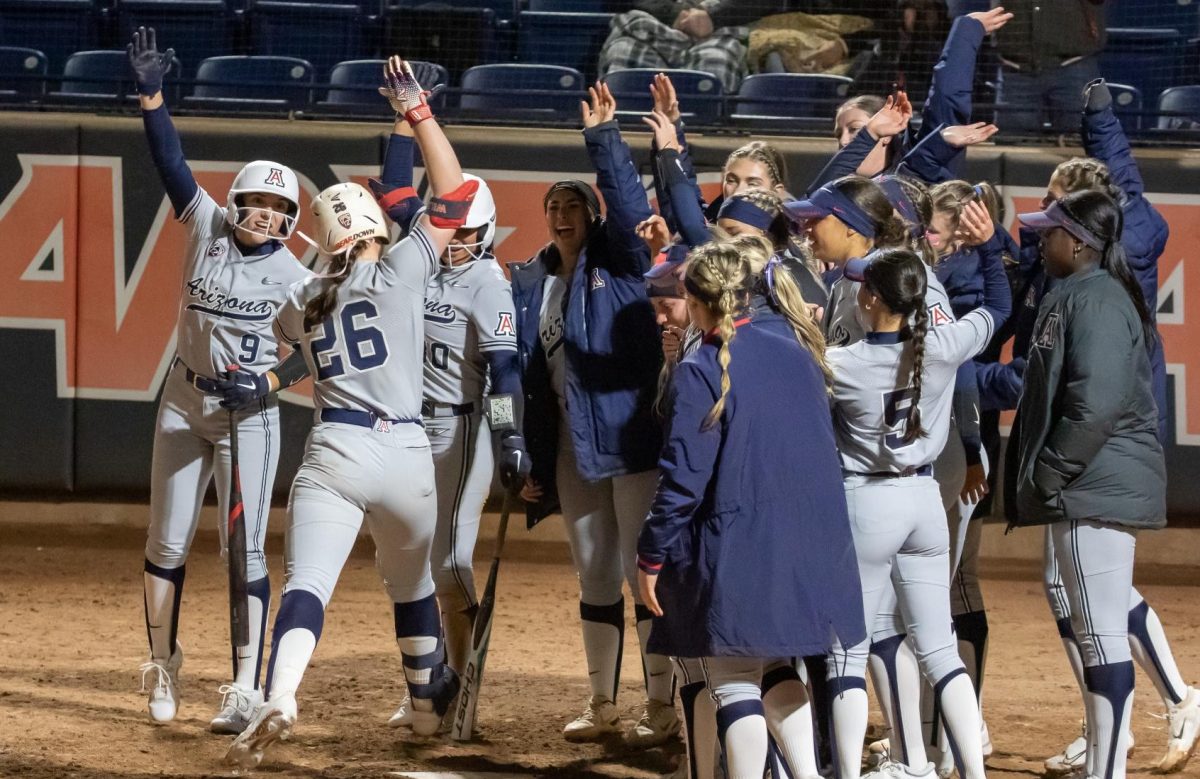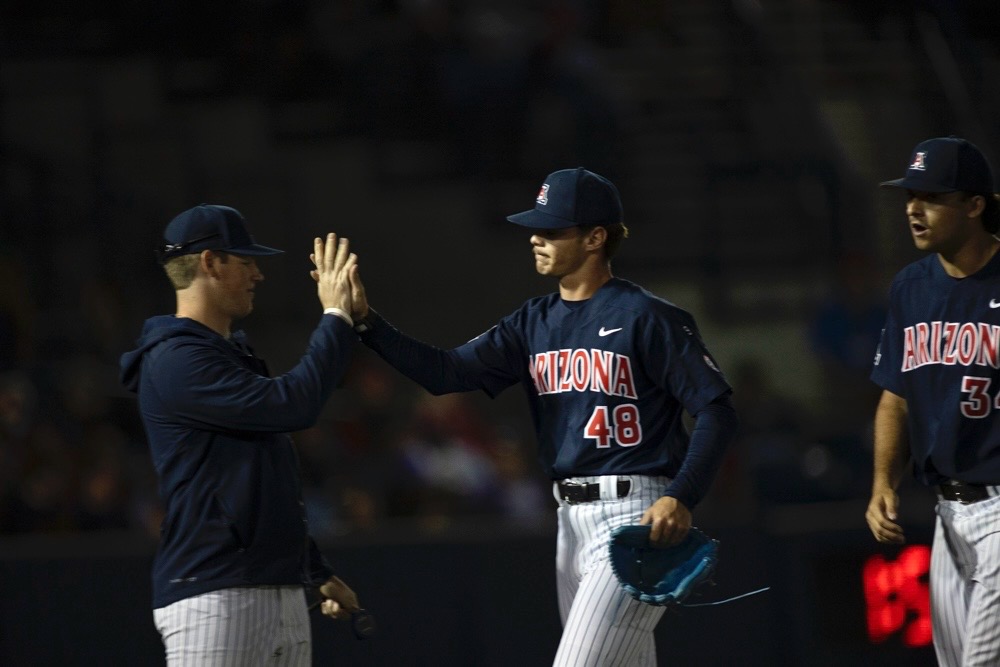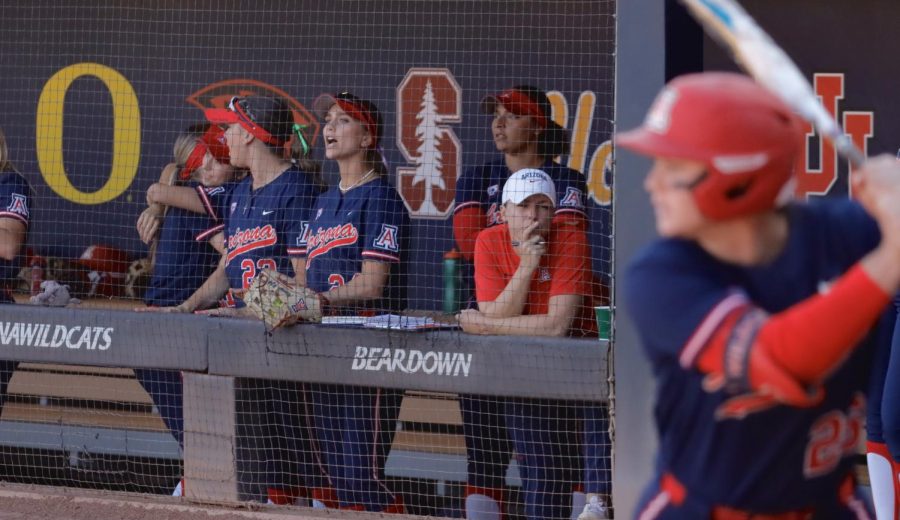In March 2013, the unorthadox Grand Canyon University made shock waves by hiring former Phoenix Suns player and assistant coach Dan Majerle as its new basketball head coach. By July of that year, the university had accepted an invitation to join the collapsing Western Athletic Conference, moving from its Division II status.
The Phoenix-based university commemorated the move with upgrades to athletic facilities, such as a $40 million, 5,000-seat basketball arena built on its small campus. A coming out party of sorts, as they prepared to play against schools such as Arizona in the 2013-14 season.
A drastic change to a school that in 2004 was $20 million in the red. But one that was possible after the school’s baord of regents decided to sell the company to a LLC., who then took the univeristy public. Thus making GCU the only division 1 univeristy traded on the stock market.
GCU’s president Brian Mueller told CBSSports.com that between 2009-2012, the school’s after-tax profit totaled at $182 million.
But this wasn’t enough. Mueller said GCU’s investors were fine with the profit, but after investing $308 million into infrastructure and athletics, the investors probably wanted to see a quicker return on their money. GCU chose not to pay dividends on its stock and allowed its stock prices to continue to rise.
The easiest and quickest way to do that is in athletics. A jump to the Division I level would see ticket prices rise, television numbers soar and the overall value of the Antelopes program rocket into uncharted heights.
The move to Division I hasn’t come with open arms, however. Other Division I schools believe GCU isn’t operating on the same playing field.
GCU has an obligation to its investors to make money, which is completely different than the other Division I schools.
Public and private universities use either taxpayer and/or endowment money that is put back into the school to use for research and education, which contributes to making the community a smarter and better place.
Even though they’ve seen a drastic increase in enrollment since 2004, GCU offers no research programs, probably because research institutes don’t have high or any returns on investment.
In fact, GCU has no dental or medical school. However, it offers online classes in business, psychology, liberal arts and nursing, degrees that don’t require as much money for funding.
GCU’s obligation to its investors means they are cherry-picking where they can make the most money, which ultimately falls to sports.
They have an unfair advantage because they don’t need to balance the needs of taxpayers and students.
Essentially, GCU is a sports team that offers schooling where as Arizona is a university that offers sports.
Arizona athletic director Greg Byrne chose not to comment on the issue, but did say, “We will fulfill this year’s obligation to play the scheduled games, and after that, nothing is yet planned.”
—Follow Luke Della @LukeDella








